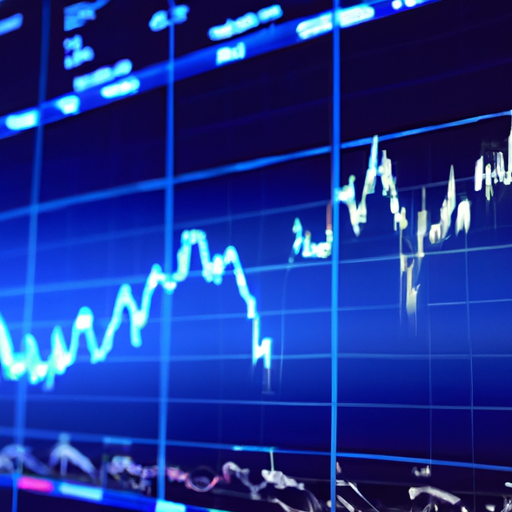Introduction To Electronic Trading Services
Electronic trading services have revolutionized the financial markets, offering tools and platforms that ease the complexities of buying and selling securities.
In today’s fast-paced world, electronic trading services are indispensable for traders who want to make quick, informed decisions.
Electronic trading services encompass a wide range of functionalities, from basic order execution to advanced algorithmic trading strategies.
By leveraging these services, traders can automate their trades, optimize their strategies, and manage risks more effectively.
The Evolution Of Electronic Trading Services
The journey of electronic trading services dates back to the late 20th century.
Before these innovations, trades were executed manually on exchange floors, a process fraught with delays and errors.
Then came electronic communication networks (ECNs), which paved the way for more streamlined transactions.
Today’s landscape is dominated by advanced algo trading software and platforms like Metatrader 4.
These tools have made electronic trading accessible even to retail traders.
They offer features like automated order executions and sophisticated risk management options.
How It All Began
In the early days of electronic trading, brokers used rudimentary systems to match buy and sell orders.
This was a far cry from today’s high-frequency trading systems that can execute thousands of trades in a second.
Initial versions suffered from latency issues but laid the groundwork for future advancements.
Modern electronic trading platforms now integrate with multiple exchanges globally, offering real-time data feeds.
This instant access has democratized trading, making it possible for anyone with an internet connection to participate in global financial markets.
Core Advantages Of Electronic Trading Services
One cannot overstate the advantages offered by electronic trading services.
These benefits extend beyond just speed and efficiency; they also include improved accuracy and reduced costs.
Firstly, automated executions eliminate human error and slippage.
Algorithms can execute trades at optimal prices without emotional interference—a significant advantage over manual methods.
Secondly, electronic platforms provide unparalleled access to market data.
This level of transparency helps traders make more informed decisions.
For instance, real-time charts and analytics available on platforms like Metatrader 4 allow for precise market analysis.
Speed And Efficiency
When it comes to executing trades quickly, nothing beats electronic trading systems.
High-frequency traders depend on ultra-fast internet connections and low-latency execution venues.
With these tools at their disposal, they can capitalize on minuscule price differences across various markets almost instantaneously.
For retail traders using trading apps, speed is equally crucial.
With just a few taps on their smartphone screens, they can execute trades while on the go—something unthinkable just a decade ago.
Cost Reduction
Electronic trading has also lowered transaction costs significantly.
Gone are the hefty brokerage fees that were once standard in manual trading environments.
Automated systems reduce operational costs by minimizing human intervention.
Not only do these cost savings benefit individual traders but also institutional investors who execute large volumes of transactions daily.
The reduced overhead contributes directly to higher returns on investment.
Types Of Electronic Trading Services
There are different types of electronic trading services catering to various needs within the market.
From basic online brokerage accounts to sophisticated algorithmic solutions tailored for high-frequency traders—there’s something for everyone.
Online brokerages offer user-friendly platforms that provide basic functionalities such as order placements and portfolio management.
More advanced systems incorporate complex algorithms capable of executing multi-leg strategies automatically based on predefined rules.
Algorithmic Trading Platforms
Algorithmic or “algo” trading software is one of the most sought-after types of electronic trading services today.
It employs algorithms—predefined sets of rules—to determine when and how trades should be executed.
These algorithms consider multiple factors simultaneously such as price movements, volume trends, and historical data patterns.
By automating this decision-making process through algo-trading software like Metatrader 4 or other similar solutions—traders can achieve greater precision in their strategies while minimizing emotional biases that often lead astray during volatile market conditions.
High-Frequency Trading Systems
High-frequency traders utilize specialized hardware along with advanced algorithms designed for rapid order executions usually within milliseconds or microseconds time frames!
They rely heavily upon speed since even tiny delays could mean losing out profitable opportunities due price fluctuations happening rapidly every second around globe!
These HFT systems require substantial investments both financially & technically given complexity involved setting up maintaining them!
However rewards reaped successful implementation often justify expenses incurred making worth effort especially firms engaged large-scale operations where small gains multiplied millions times result substantial profits overall end day!

